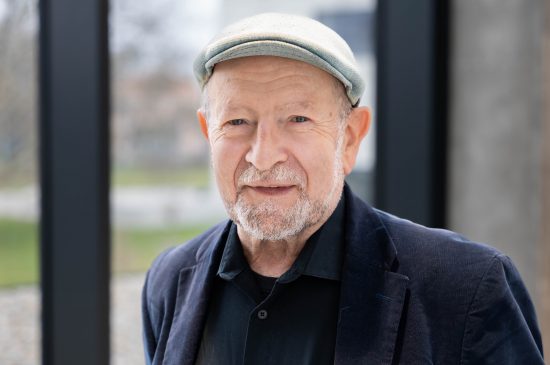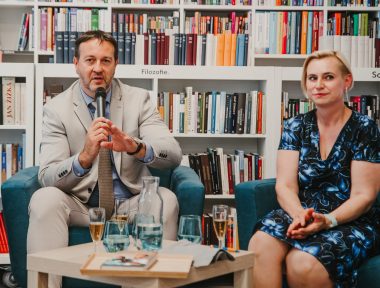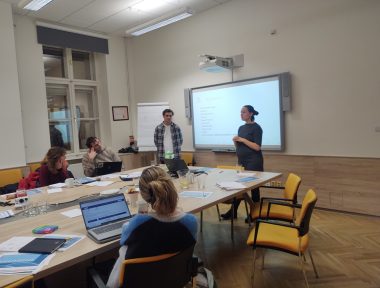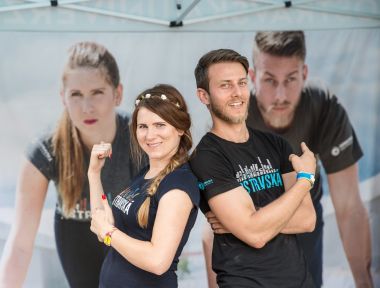On his wrist, he wears a discreet sensor bracelet. It collects data about his movement, sleep, and heart rate—all in the name of science. I meet Professor Misha Pavel, a renowned scientist from Northeastern University, on the exact day marking 60 years since he emigrated to the United States. What brought him back to the Czech Republic, specifically to the Faculty of Education at the University of Ostrava, is the DigiWELL project, where he leads Work Package No. 6.
His team works on developing statistical models and algorithms that help interpret complex, hard-to-measure phenomena—such as stress, mood, physical activity, or subjective well-being. Using real-world data and simulation studies, they create methods that can inform recommendations for healthcare, education, and public policy.
It’s easier for us to tell people how robots feel than to tell robots how people feel.
Another area of his expertise is individual modeling through so-called digital twins—models that can realistically reflect a person’s reactions. “Each child learns in a slightly different way—with a different pace, method, and needs,” he explains. These models can significantly improve learning efficiency in schools. By creating a digital counterpart for each student, both teachers and students can identify the most effective path for that particular learner’s style. What sounds like an abstract concept becomes a practical tool for real-world use.
Professor Pavel also explores the dynamics between humans and machines. “It’s easier for us to tell people how robots feel than to tell robots how people feel,” he says with a smile. But this imbalance, he believes, must change. We need to teach machines to perceive human emotions—just as a human colleague would in an office.
You can hear more about his early days fixing televisions in the U.S., the key differences between mathematical modeling and AI, mathematical psychology, and the ethical boundaries of robot use in the first episode of the new popular science podcast Věda zblízka. The podcast features interviews with researchers from the Faculty of Education at the University of Ostrava.


 1 min.
1 min. 



